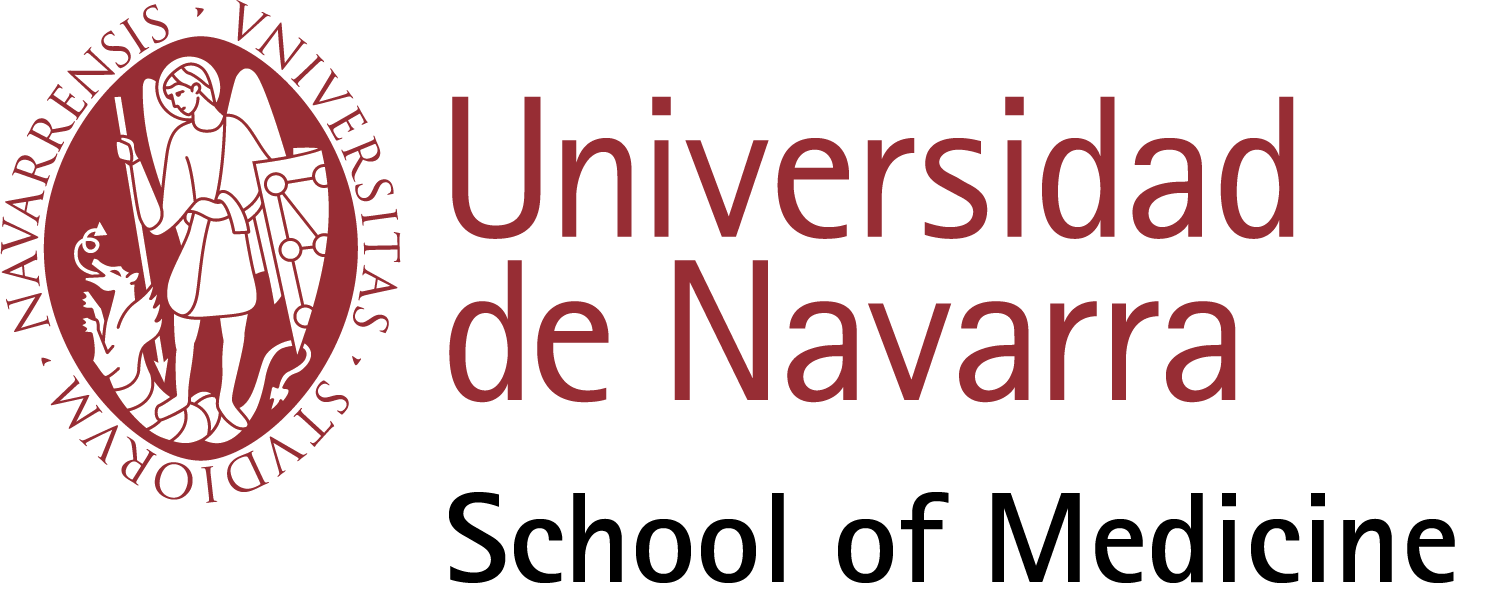mediterranean diet
Lower risk of cognitive impairment associated with Mediterranean diet
Multiple studies have shown an inverse association between a good quality diet and the onset or deterioration of mental diseases and cognitive function. This study in particular with 7,756 participants found protective associations attributed to vegetable and nut intakes. Additionally, participants who better adhered to the Mediterranean diet showed a lower risk of cognitive impairment […]
Mediterranean diet reduces the risk of chronic conditions
The Mediterranean dietary pattern is associated with a lower risk of chronic conditions related to aging. Adherence research primarily comes from Mediterranean countries, where there is a favorably high cultural acceptability. An intervention study that examined the feasibility of a Mediterranean diet intervention was designed specifically for older Australians. During post intervention this study observed […]
Are the benefits of Mediterranean diet translatable to other populations?
Mediterranean and European populations are more likely to be less racially and ethnically heterogeneous, have lower rates of obesity and overweight, be more physically active, have larger social networks, and set a higher emphasis on sleep compared to other populations. Yet, research on adherence to the Mediterranean dietary pattern and chronic disease risk in U.S. […]
Mediterranean diet is associated with lower risk of cancer
An antioxidant-rich diet has been proposed to prevent cancer. In a French population, a higher adherence to the Mediterranean pattern using a 9-unit dietary score that evaluates intakes of fruits, vegetables, legumes, cereal products, olive oil, fish, dairy products, meat products, and alcohol was associated with a lower risk of skin cancer in women, particularly […]
Is gut microbiota the link between Mediterranean diet and health benefits?
Adherence to the Mediterranean diet is known to provide several health-related benefits. However, the exact mechanisms of action are not yet fully understood. Among the proposed hypotheses, a presumed link between the Mediterranean diet and the gut microbiota was put forward some years ago. A commentary on two studies conducted on this topic outlines that […]
Olive oil may lower LDL-cholesterol levels
One of the mayor causes of metabolic syndrome and other metabolic related diseases is the lipid profile. In a recently published randomized clinical trial, olive oil, in the context of a Mediterranean diet, and the additional benefits of oat consumption demonstrated improvements on cholesterol levels. The effects of lower LDL-cholesterol levels (“bad cholesterol”) were observed […]
Hypertriglyceridemic waist in the PREDIMED-Plus trial
Prevalence of hypertriglyceridemic waist (HTGW), which is characterized by abdominal obesity and high levels of triglycerides, was assessed among 6,732 participants of the PREDIMED-Plus trial. Researchers concluded that those who smoked, had a sedentary lifestyle, higher BMI, and higher levels of glucose and lipid profile [total cholesterol, low density lipoproteins (LDL), and triglycerides (TG)] frequently had […]
The Mediterranean diet mediates the association between food environment and obesity
A study tested the hypothesis that in addition to the food environment’s direct effect on obesity, the food environment is indirectly associated with obesity through consuming the Mediterranean diet. A total of 20,897 non-Hispanic black and white adults aged ≥45 years old were scored 0-9 on MD adherence and their body mass index was calculated. […]
Mediterranean diet may protect against type 2 diabetes
Glycolysis/gluconeogenesis and tricarboxylic acid (TCA) cycle metabolites have been associated with type 2 diabetes (T2D). Nevertheless, associations between these metabolites with T2D incidence, as well as the potential effects of dietary interventions remain unclear. 251 patients with incident T2D served as cases and 638 non-cases were included in a nested case-cohort study within the PREDIMED […]
Mediterranean diet may produce important annual cost savings to healthcare systems
Diet is one of the factors most strongly related to cardiovascular disease, which is the leading cause of death globally and entails large costs on healthcare systems worldwide. Dietary interventions based on a Mediterranean dietary pattern are known to reduce the incidence and mortality from cardiovascular disease(1), but the financial benefits of those interventions are […]


